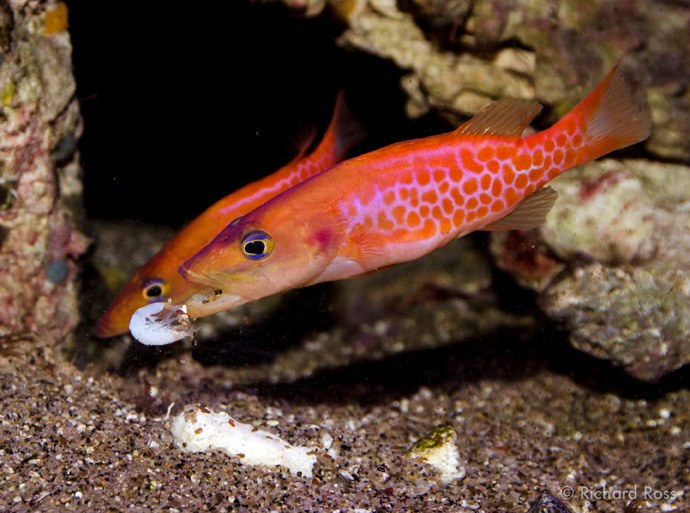MACNA 2018 Talk – dig through reef BS and come out clean
Local copy of the video here:
There is a lot of BS in the world, and reef keeping is no exception. This talk will go over the different flavors of reef BS and how not to get it all over you.
Richard Ross is known for his “Skeptical Reefkeeping” article series, his groundbreaking work with cephalopod husbandry, coral spawning & restoration, entertaining and informative talks, his ultra high nutrient home reef, for managing the ambitious 212,000 gallon reef tank and the Coral Spawning Lab at the Steinhart Aquarium in the California Academy of Sciences. Richard was presented with the MASNA Aquarist of the Year award in 2015, and his work has been covered by Scientific American, National Geographic, Penn’s Sunday School, NPR’sScience Friday, Animal Planet, Discovery News and Fox News
*Legal Stuff* The purpose and content of this video is to provide general information regarding the products and their applications as presented in the video. Aquatic sales solutions, inc. And its officers, directors, employees and agents disclaim all express or implied warranties, in any way, related to the products and their application as presented in this video, make no representation or warranty regarding the products and the application as presented in this video and shall not be liable for any direct or indirect losses or damages of any type, including but not limited to punitive damages, or from personal injury or death resulting from or in any manner related to the video, and the products in and contents of the video. The viewer expressly agrees that aquatic sales solutions, inc. And its officers, directors, employees and agents shall not be liable for any damages or losses related to the products in and content of the video and hereby agrees to hold the foregoing harmless from any such losses or damages.
